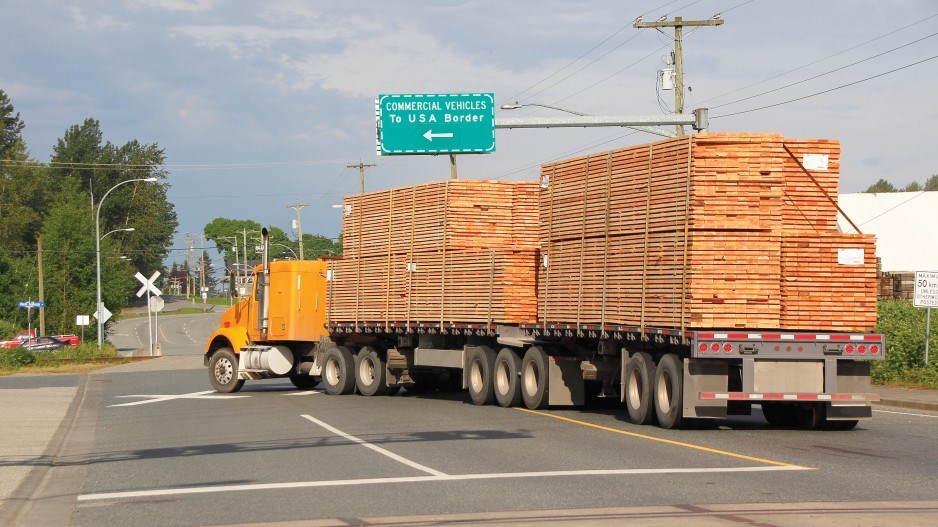While not entirely a loss for Canada, a recent ruling by the World Trade Organization (WTO) means that Canada’s softwood lumber exports could face perpetually higher U.S. duties.
The two countries moved one step closer to resolving their $6 billion softwood lumber dispute after the WTO concluded April 9 that the U.S. did not properly follow the rules when calculating the duties placed on Canadian softwood lumber. The up to 7.28% duty that U.S. President Donald Trump slapped on the softwood lumber industry in November 2017 did not correctly calculate the punitive taxes, according to the WTO. The anti-dumping duty is a tax that is placed on a foreign good believed to be priced below market value.
However, the ruling wasn’t all in Canada’s favour. “The WTO ruling is a case of a glass half full,” said Werner Antweiler, economist with the Sauder School of Business at the University of British Columbia.
While the WTO agreed that the U.S. incorrectly calculated its anti-dumping duty, the organization failed to prohibit the use of a tactic called “zeroing,” used primarily by the U.S. to inflate the duties it places on imported foreign goods. When calculating anti-dumping duties, countries use the average difference between export price and the foreign domestic price. Zeroing is a controversial methodology that includes only the cases where the home market price is higher than the import price and excludes transactions where the import price is higher than the home market price. By including only the price differences that disfavour the country, the U.S. is able to push its duty rates higher.
“I have always held that zeroing makes no economic sense,” Antweiler said. “The WTO is wrong to turn a blind eye to it.”
Foreign Affairs minister Chrystia Freeland said Canada was considering appealing the decision, a case that Antweiler sees as likely.
Countries, including Canada, are hesitant to use zeroing to increase their duties in response to the U.S. position for fear that they will lend legitimacy to the practice. However, if the WTO continues to embrace the practice rather than permitting it in certain cases, rather than just turning a blind eye to it, Antweiler said, the one-sided calculation would be used and abused on a much wider scale. Whether the use of zeroing is limited to the U.S. or spreads across the globe, it is likely that the WTO will eventually have to explicitly address the legitimacy of the practice.
If the WTO eventually does rule that the current anti-dumping treaty signed by WTO members allows for zeroing, it is unlikely that zeroing will be eliminated through an amendment to the anti-dumping treaty.
Amendments must receive unanimous support from WTO members, a remote situation so long as the U.S. continues to benefit from the status quo.
While the two countries have moved closer to a resolution, anti-dumping duties are only half of the issue. And the less significant half at that, argues Antweiler. The other threat is countervailing duties, the taxes put in place in response to subsidies that a foreign country is providing to its domestic industry. Countervailing duties are currently set at up to 16% and there is a separate case currently working its way through the WTO. The ruling on which could decide the fate of the $6 billion in softwood trade that occurs over the 49th parallel.




